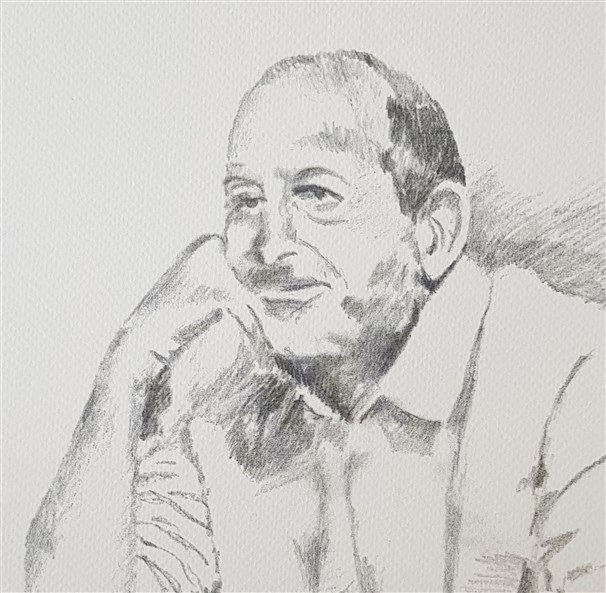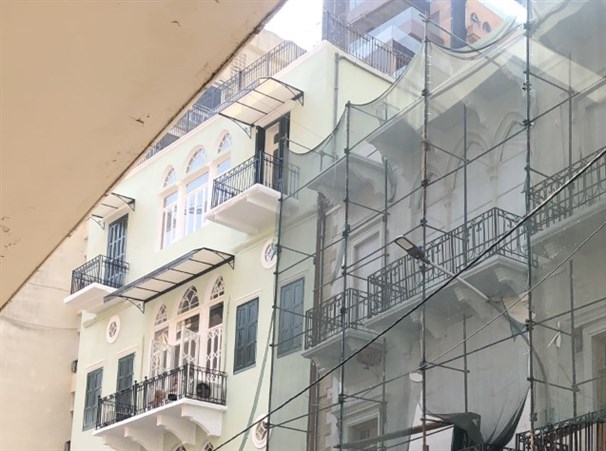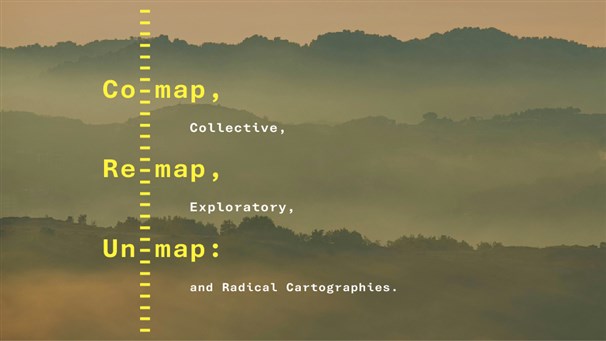
17.02.2023
Our Reflections
In Memory, Habib Debs
Since the early 1990s, Habib Debs has been involved in nearly every battle to improve urban planning and design in Lebanon (and beyond), its standards, methods, and practices. A champion of cultural heritage protection, a gifted public space designer, and a leading figure in city planning, he will be remembered for his incredible talent, innumerable contributions, deep humanism, and his role as an engaged citizen fighting for a more just and secular country.

10.08.2021
Our Reflections
Launching an Urban Observatory Amidst a Painful and Slow Recovery
One year after the Beirut port blast, we remain in awe at the social mobilization that continues to surround the people in the neighborhoods affected by the explosion. Over 12 months, and amidst devastating, economic, political, and health crises, city-dwellers—organized or not, working side by side with a large array of local and international organizations, are still struggling to repair homes, businesses, schools and hospitals and restore the viability of their city.

04.04.2025
Conference
City Debates 2025: Co-map, Re-map, Un-map
The 21st edition of City Debates —on collective, exploratory, and radical cartographies— engages with mapping, data visualization, and spatial representation, specifically as they intersect with urban research, furthering a variety of ways through which cities, geographies, and environments are studied and understood.